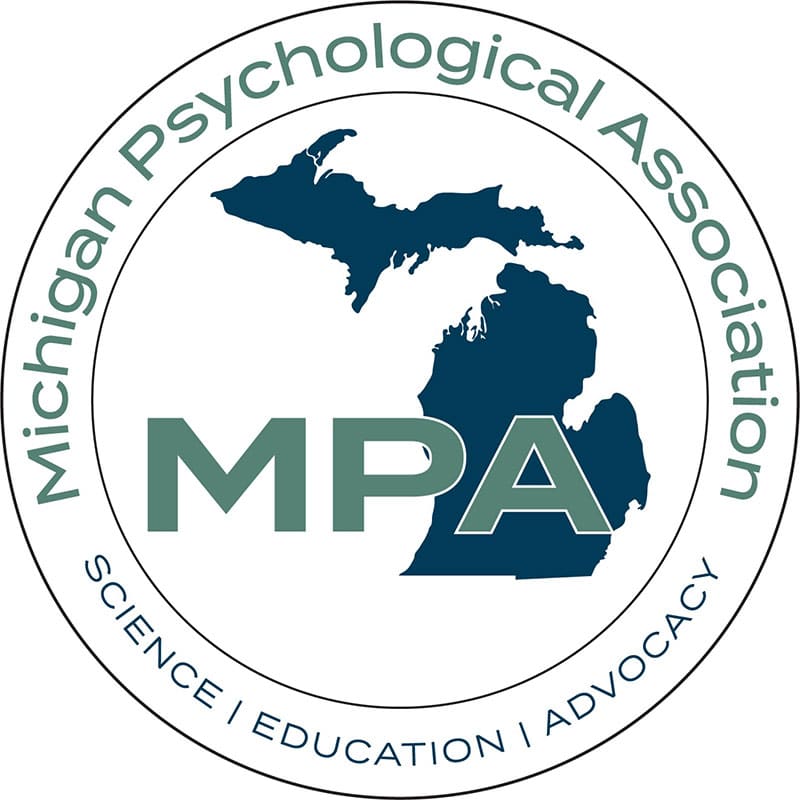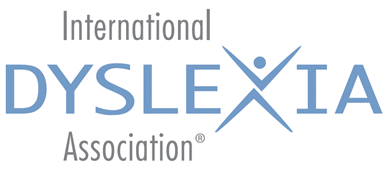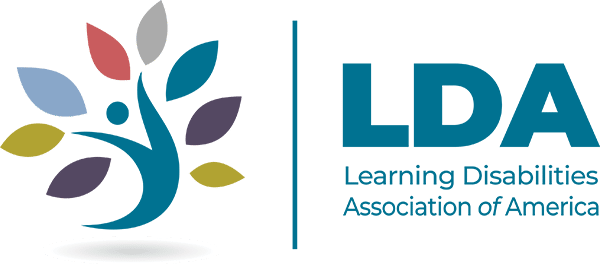Play Therapy in Ann Arbor, MI: Helping Children Express, Heal, and Grow
Is Your Child Struggling to Express Their Feelings? Play Therapy Can Help.
At Ann Arbor Therapy & Testing, we understand that children often face challenges in expressing their thoughts and emotions, especially when dealing with difficult experiences. Play therapy provides a safe and supportive space where children can explore their feelings, work through emotional difficulties, and develop essential coping skills—using the language they know best: play. Whether your child is dealing with trauma, anxiety, grief, or social challenges, play therapy offers a unique and effective approach to help them heal.
Our therapy is tailored to your child’s unique needs and will help them process their emotions, build coping skills, and improve their overall well-being.
What Play Therapy Does to Help: Play therapy is designed to help children communicate, understand their feelings, and build coping mechanisms through creative and interactive play. Here’s how it works:
- Strengthens Relationships: Play therapy fosters better communication and understanding between children and their caregivers, improving family dynamics and reducing behavioral issues..
- Encourages Emotional Expression: Through play, children are able to express their emotions more freely, without the pressure of verbal communication. This allows them to process complex feelings that may be difficult to put into words.
- Promotes Healing: Play therapy helps children work through traumatic experiences, fear, or grief, offering them a way to regain control over their emotions and situations.
- Teaches Problem-Solving Skills: By engaging in structured play, children learn how to resolve conflicts, make decisions, and overcome challenges in a healthy and constructive manner.
- Builds Confidence and Self-Esteem: As children gain control over their emotional experiences and develop coping strategies, they begin to feel more confident in their ability to handle difficulties.

Start Your Journey Here
Offering In-Person and Teletherapy Options For You or a Loved One
Everyday Symptoms That May Benefit from Play Therapy:
Children often show emotional or behavioral symptoms that can be challenging for parents to understand. Here are some common signs that may indicate your child could benefit from play therapy:
- Difficulty Expressing Feelings: Your child may struggle to talk about their emotions, often acting out instead of explaining how they feel.
- Behavioral Changes: Increased aggression, defiance, withdrawal, or difficulty following rules could be signs of unresolved emotional distress.
- Separation Anxiety: Fear of being away from parents or caregivers, particularly during school or other social situations.
- Regression in Behavior: Younger children might start exhibiting behaviors they had previously outgrown, like bedwetting, thumb-sucking, or clinging.
- Social Challenges: Difficulty making friends, avoiding social interactions, or struggling with conflict resolution in peer relationships.
- Difficulty Coping with Trauma or Loss: A recent event like the death of a pet, family member, or moving to a new home might lead to emotional reactions that are hard to express.
If you’ve noticed any of these symptoms, play therapy could provide the support your child needs to process and navigate their emotions.
How Play Therapy Works:
At Ann Arbor Therapy & Testing, we use evidence-based techniques in a confidential, collaborative, and comprehensive approach to help your child navigate their emotional challenges. Here’s how we ensure the therapy is effective and individualized:
- Confidentiality: We respect your child’s privacy and ensure that the therapy sessions are a safe space for them to express themselves. Only relevant information is shared with parents, and we work with you to understand the progress and goals in the therapy process.
- Collaboration: Play therapy is a joint effort between the therapist, the child, and the family. We involve parents or caregivers in the process to provide support, feedback, and a better understanding of their child’s emotional growth and development.
- Evidence-Based Techniques: We use proven therapeutic methods like directive play therapy (where the therapist leads specific activities) and non-directive play therapy (allowing the child to lead the play), all rooted in psychological theory and research.
- Comprehensive Treatment: Play therapy addresses a child’s emotional, social, and cognitive development, ensuring that therapy considers all aspects of their life, including family, school, and peer interactions.
Experienced and Highly Qualified Psychotherapy and Psychological Testing Services







Our Treatment Values
At Ann Arbor Therapy & Testing, we are committed to helping your child build a strong foundation of emotional health and well-being. Our play therapy approach is grounded in values that support growth and healing:
- Empathy: We create a compassionate, non-judgmental space where your child feels understood and valued. Through the therapeutic process, your child learns to recognize and express their emotions in healthy ways. Our therapists work with the child to identify their needs and help them feel seen and heard.
- Self-Awareness: Play therapy encourages children to explore their emotions, thoughts, and behaviors in a way that promotes self-awareness. As they engage in therapeutic play, they begin to understand why they feel the way they do and learn strategies for managing those feelings. This self-awareness helps children build a better understanding of themselves and their needs.
- Resiliency: Life can be tough, but play therapy teaches children how to bounce back from difficult experiences. Whether it’s managing frustration, loss, or social anxiety, play therapy helps children develop the emotional resilience they need to navigate life’s challenges with confidence.
- Positive Mindset: Through the safe and structured environment of play therapy, children learn to shift their perspective on challenges and begin to approach difficulties with a positive mindset. Instead of seeing setbacks as obstacles, children learn to view them as opportunities for growth and learning.
- Improved Self-Esteem: As children engage in play therapy, they gain confidence in their ability to cope with and manage their emotions. They also build stronger relationships with family members and peers, which fosters a sense of self-worth and accomplishment. Play therapy empowers children to feel more in control of their emotions, leading to improved self-esteem.
Call (734) 388-4440 to schedule Play Therapy and learn more about other therapy services offered at Ann Arbor Therapy & Testing.
Also Offering These Excellent Therapy Services:
- Autism Treatment
- Family Counseling
- Executive Function Coaching
- Divorce Counseling
- Couples Counseling
- Depression Treatment
- Career Counseling
- Bipolar Disorder Treatment
- Bullying Therapy
- Oppositional/Behavioral Disorders Therapy
- Evidence-Based Therapy
- OCD Therapy
- Emotion Regulation Therapy
- Dialectical Behavioral Therapy (DBT)
- Mindfulness Therapy
- Gaming Addiction Counseling
- Stress Management Therapy
- Child Therapy
- Issues at School Counseling
- Teletherapy
- Self Harm Treatment
- Nonverbal Learning Disorders Treatment
- Infant Mental Health Treatment
- Trauma Therapy
- Self-Esteem Therapy
- Adult Therapy
- Parental Guidance
- Marriage Counseling
- Loss and Grief Treatment
- Pregnancy Mood Disorders Counseling
- Life Transitions Counseling
- Teen Counseling
- ADHD Treatment
- Anxiety Treatment
- Anger Management Therapy
- Workaholic Therapy
